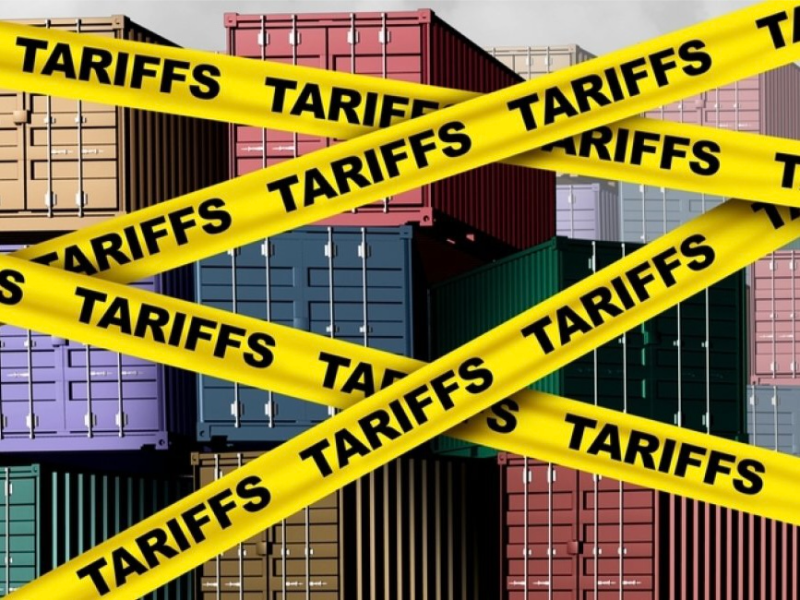- 90-day pause on tariffs for over 75 countries, but 125% tariff on China takes effect
- Global stock markets rebound sharply following announcement
What happened: Trump hits pause on global tariffs, targets China with steep increase
In a move that has reshaped global economic forecasts overnight, former US President Donald Trump announced a 90-day suspension of increased tariffs for most American trading partners. The announcement, made via his Truth Social platform, clarified that over 75 countries would benefit from the pause — provided they had not retaliated against the United States’ tariffs introduced under the “Liberation Day” scheme.
Markets around the world, which had plummeted earlier this week after Trump’s unveiling of widespread tariff hikes, reacted positively. The S&P 500 surged 9.5% on the news, and European and Asian exchanges followed suit with broad gains. Trump’s reversal, which lowers tariffs to a blanket 10% for compliant nations, comes just days after global economists warned of a potential recession.
However, China remains the exception. Trump confirmed an immediate increase to a 125% tariff on Chinese goods, citing what he described as Beijing’s unsustainable trade practices. “The days of ripping off the USA are over,” he declared. Meanwhile, China announced it would raise tariffs on US imports by 50%, bringing some product duties to 84%.
Although countries like the UK and EU will now pay only a 10% tariff—down from the previously proposed 20–25% range—Mexico and Canada are excluded from the pause and remain subject to earlier tariffs imposed in February.
In a press briefing, Trump explained his pre-announcement social media post—”BE COOL”—was meant to calm jittery investors: “They were getting yippy,” he said. “People were afraid.”
Also read: Stocks plummet as markets react to Trump’s escalating tariff crisis
Also read: Trump’s trade war pressures crypto market ahead of April tariffs
Why it’s important
Trump’s decision to delay most of the new tariffs for 90 days affects more than 75 countries and reflects a major shift in short-term trade policy. It also represents a significant recalibration in US trade strategy—temporarily cooling trade tensions with Europe, Japan, South Korea, and the UK. However, this reprieve does not extend to the US’s immediate neighbours, Mexico and Canada, nor to China.
By singling out China with a record-high 125% tariff, the United States is deepening its trade standoff with its largest competitor in the global economy. This move may prompt retaliatory action, as China has already increased tariffs on some US imports by 50%. The resulting 84% duty on certain American goods signals a potential escalation.
The rebound in global stock markets, including a 9.5% gain in the S&P 500, indicates investor relief. It also suggests that global markets had priced in the risk of a trade war and are responding favourably to signs of compromise.
Nevertheless, the decision’s temporary nature means uncertainty remains. The outcome of ongoing trade negotiations, especially between the US and China, will likely influence whether these policies become long-term or revert to broader tariffs.

